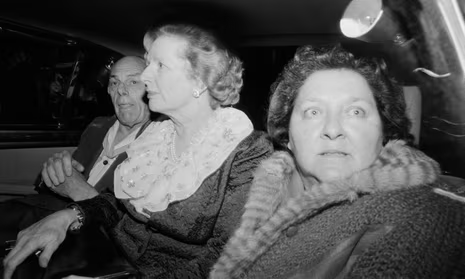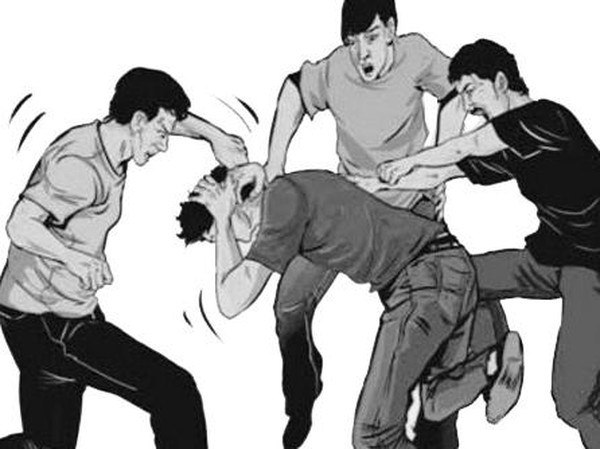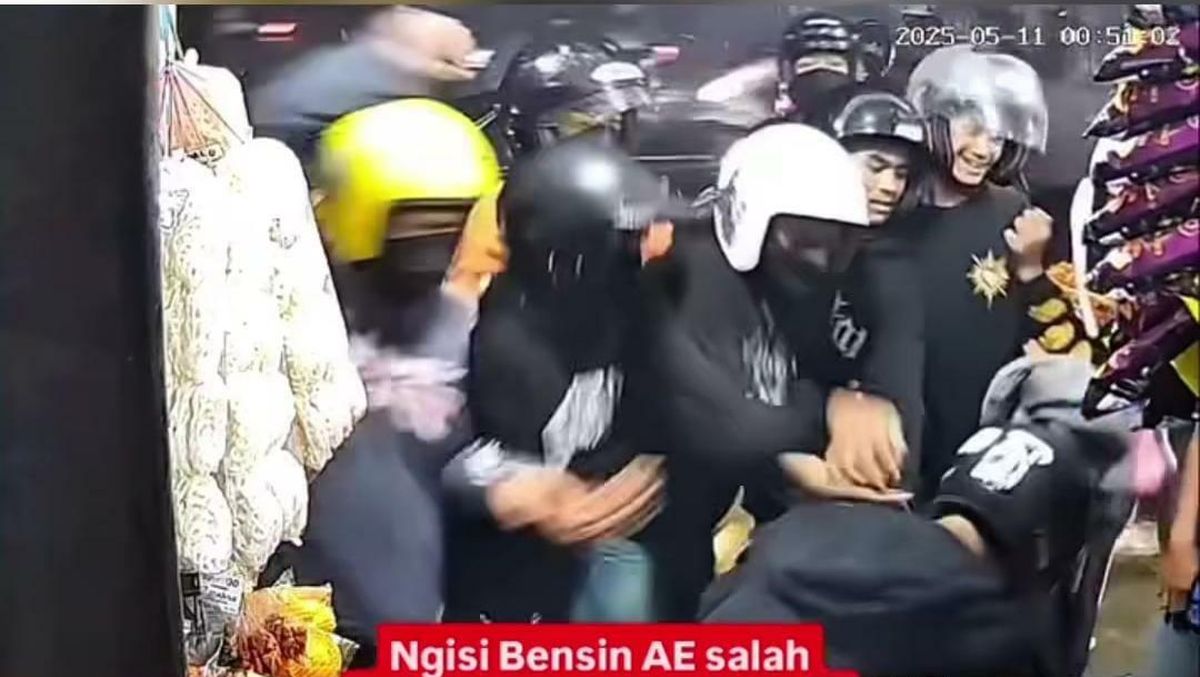On October 12, 1984, the United Kingdom was shaken by an
event that nearly took the life of Prime Minister Margaret Thatcher. A bombing orchestrated by the Irish Republican Army (IRA) aimed to assassinate Thatcher along with her cabinet members, significantly impacting British politics. Although Thatcher escaped unharmed, this attack highlighted the deep-seated tensions between the UK and Irish republican groups fighting for the independence of Northern Ireland. This incident remains etched in memory as one of the most dramatic moments in modern British history.
Background: Political Tensions in Britain and the IRA
Margaret Thatcher had been the Prime Minister since 1979 and was known for her controversial conservative policies, which included massive budget cuts, the privatization of state-owned enterprises, and measures against the power of labor unions. Her policies, referred to as “Thatcherism,” sparked considerable debate, particularly among the working class and in certain regions of the UK, such as Northern Ireland, which had long been a hot spot for political and religious conflict.
The discord between the mainly Protestant pro-British factions and the Catholic republican groups in Northern Ireland intensified since the formation of the United Kingdom. This prolonged conflict, known as “The Troubles,” lasted for decades, with groups like the IRA striving for Ireland’s liberation and the end of British control over the territory. By the early 1980s, the IRA was still carrying out various attacks to demand freedom for Northern Ireland, targeting high-ranking British officials.
The Brighton Hotel Attack: An Assassination Attempt on Thatcher
On the morning of October 12, 1984, Margaret Thatcher and several cabinet ministers were staying at the Brighton Hotel to attend the Conservative Party’s annual conference. The hotel, located along the coast of Brighton, was the site of a carefully planned IRA attack, where a large bomb had been placed in a room adjacent to Thatcher’s.
The bomb detonated around 2:54 a. m. , resulting in a powerful explosion that devastated a significant section of the hotel, igniting fires and causing extensive damage. Although the blast killed five individuals and injured numerous others, Margaret Thatcher emerged from the ordeal unharmed. Among the deceased were several senior party officials and staff members. The incident caused a massive stir, and news of Thatcher’s survival rapidly spread, even though she was profoundly shaken by the experience.
Government Response and Political Consequences
Immediately following the attack, Margaret Thatcher addressed the public with determination, demonstrating her resolve not to back down in the face of terrorism. Known for her strong leadership style, she viewed the bombing as a reinforcement of her commitment to combatting terrorism and violence from extremist groups like the IRA.
Under Thatcher’s leadership, the UK government swiftly escalated its efforts to eradicate the IRA and other terrorist organizations. She utilized the attack as a symbol of the British government’s strength in countering terrorist threats, issuing stern warnings to those who challenged national authority. Contrary to speculation that the attack might undermine her position, Thatcher actually gained greater support both domestically and internationally due to her courage and steadfastness in the battle against terrorism.
Impact on the Peace Process
Meskipun insiden tersebut memperburuk hubungan antara pemerintah Inggris dan IRA, hal ini juga menandai perubahan dalam dinamika konflik yang lebih luas. Walaupun Thatcher mengambil sikap tegas terhadap terorisme yang dilakukan oleh IRA, serangan tersebut mengungkapkan betapa seriusnya ketegangan yang ada, memberikan gambaran tentang kemungkinan peningkatan konflik di masa depan. Serangan di Brighton tidak serta-merta menyelesaikan masalah yang lebih mendalam, yakni cara Inggris dan Irlandia Utara bisa mencapai kesepakatan dalam urusan politik dan agama.
Namun, meskipun pada waktu itu Thatcher sangat menolak atas pemberian konsesi kepada kelompok republik, insiden ini pada akhirnya menjadi salah satu faktor dalam proses yang panjang yang mengarah pada pembicaraan perdamaian di masa depan. Pada tahun 1998, Kesepakatan Jumat Agung ditandatangani, yang mengakhiri sebagian besar kekerasan dalam konflik The Troubles dan membawa stabilitas yang lebih besar ke kawasan tersebut.




